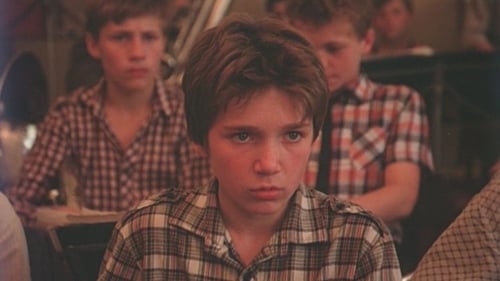
himself
The film tells about the birth of a new wave in the USSR under a strict political regime and about the era of "perestroika", when musicians received freedom of expression.

himself
Documentary film for german TV about rock music in Soviet Union. Featuring: "Мистер Твистер", "Ва-Банкъ", "Чудо-Юдо", "Женская Болезнь", "Ночной Проспект", "Аквариум", "Ноль", "Аукцыон", "Телевизор", "АВИА", "Звуки Му". In 1989 an album with recorded soundtrack was released.

himself
A Finnish documentary about the feelings of a rock generation in the Soviet Union during Gorbachev's regime: the film follows underground bands' rise to publicity, the country's first "official" rock festival called the Moscow Rock Panorama-87 and the rocket-like ascent of Uralian Nautilus Pompilius into the starry sky of Soviet rock. Also appearing: "Аквариум", "Авиа", "Телевизор", "Браво", "Ва Банкъ", "Бригада С", "Новая Коллекция", "Мистер Твистер", "Круиз", "Нюанс", "Альянс", Uriah Heep.

With a brother dedicated to punk rock stardom at any cost and a drunken father who chases skirt between robotic dancing lessons from the TV, young Senka stands as much chance of nurture as the hero of Truffaut's 400 Blows. The amazing thing about Ogorodnikov's film is that it was made in Russia. Clearly, plenty of Soviet teenies share the nihilistic feelings of their Western counterparts, and the extensive footage of safety-pin chic at concerts perhaps points to a sound export instinct on the director's part. Senka's brother Kostya is under pressure from Howmuch, a very heavy rocker, to steal a synthesiser from the Community Centre, so to protect him Senka steals it himself. The story occupies little more space than the music, but the performances are splendid enough to lodge Senka's predicament in the heart.



